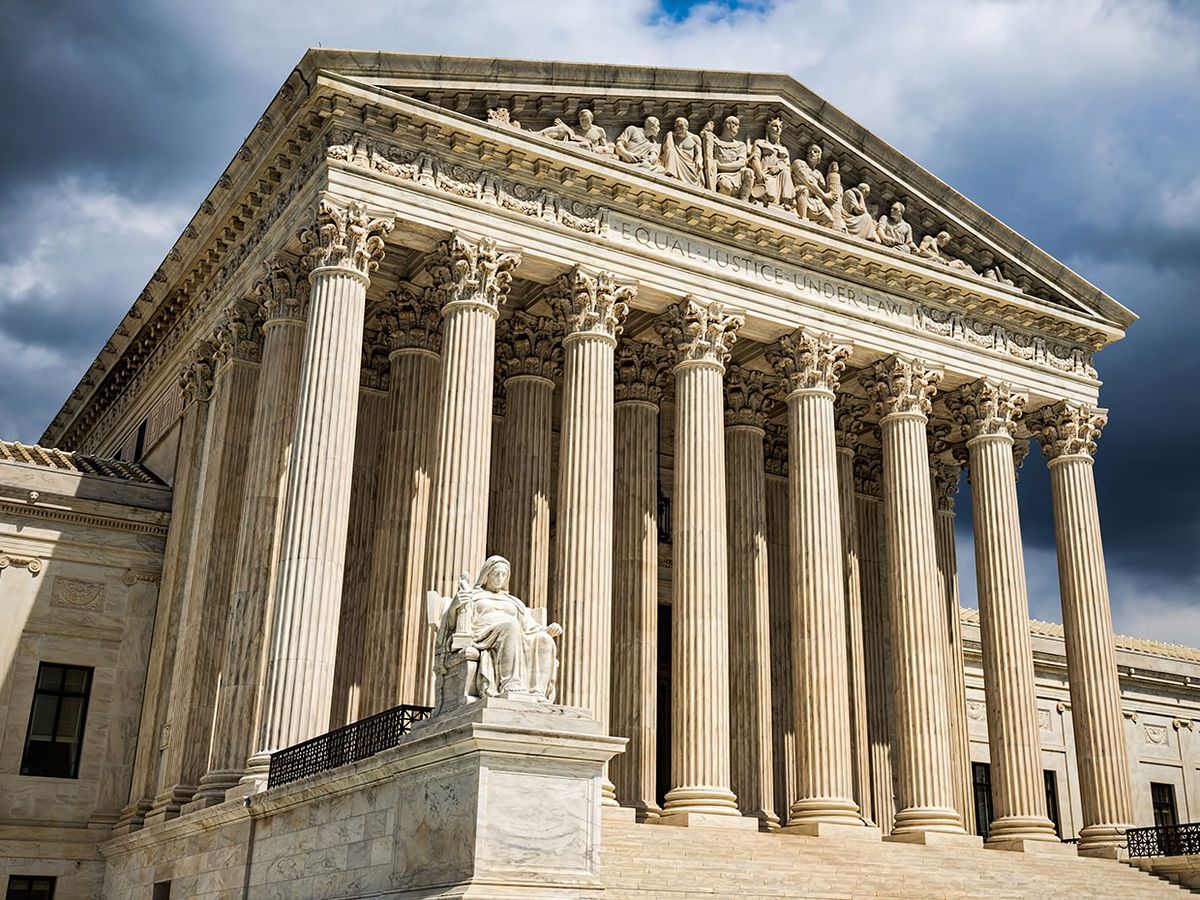THE INSTITUTEAn oilfield services outfit in Houston is contesting the process that allows companies and individuals to challenge patents filed with the U.S. Patent and Trademark Office, claiming it is unconstitutional.
Oil States Energy Services asserts that because the PTO’s inter partes review (IPR) process does not give patent owners the option of a jury trial, it violates Article III of the Seventh Amendment by authorizing an executive branch agency, rather than a court or jury, to invalidate a previously issued patent. Under the IPR process, administrative law judges review a patent and decide whether the PTO made a mistake in granting it.
Oil States’ competitor, Greene’s Energy Group, the defendant, claims the PTO is within the bounds of the law in reviewing patent challenges. The PTO used the review process to invalidate one of Oil States’ patents related to hydraulic fracking at the request of Green’s Energy.
The Supreme Court has said there is a right to a jury trial in disputes in which private property can be revoked. Oil States’ position is that patents are a type of private property, so IPRs are unconstitutional. The U.S. Court of Appeals for the Federal Circuit rejected Oil States’ argument, finding patents are not private property. The company appealed to the Supreme Court. Greene’s Energy Group stated in a brief that “patents are quintessential public rights” and thus “the inter partes review procedure is the sort of mechanism that Congress may permissibly create to administer a public-right scheme.”
The Supreme Court, whose next session starts in October, is expected to decide whether the IPR process violates the constitutional rights of patent owners.
THE CURRENT SYSTEM
The IPR, frequently used by technology companies including Apple, Google, and Samsung to ward off patent infringement lawsuits, allows the PTO to cancel patents the agency previously granted, according to an article in Reuters.
The IPR process was designed to be cheaper and faster than traditional litigation, according to the Reuters article. Companies hit with patent lawsuits often respond by initiating a review in the hopes of quickly invalidating the patent at issue.
IMPACT TO INDUSTRY
In an article on The Hill, Alan Fisch, a patent lawyer, said technology companies will be watching the patent case closely because they have frequently used the IPR to invalidate patents they have been accused of infringing.
“It has traditionally been the electronic companies that are more frequently on the receiving end of patent infringement suits than the giving end,” David O’Brien told The Hill. O’Brien is a partner with the Haynes and Boone patent office trials group. IPR “has given them a much more cost-effective—frankly a much more predictable—way of bringing their unpatentability cases for patents that should never have been granted in the first place,” he said. “I would expect the tech sector to be strongly unenthusiastic about removing it [IPR] from their options.”
Where do you stand? Do you think juries should settle patent disputes?
Kathy Pretz is editor in chief for The Institute, which covers all aspects of IEEE, its members, and the technology they're involved in. She has a bachelor's degree in applied communication from Rider University, in Lawrenceville, N.J., and holds a master's degree in corporate and public communication from Monmouth University, in West Long Branch, N.J.



